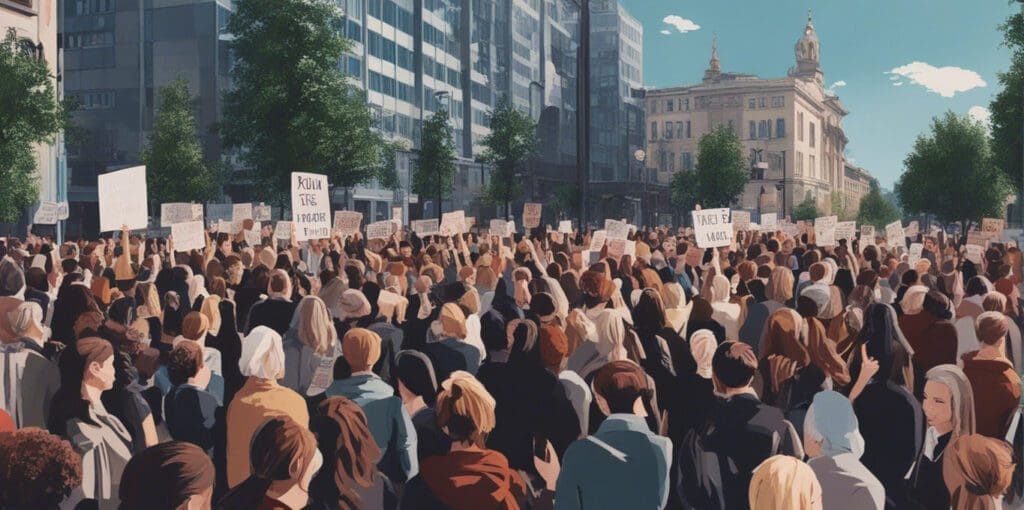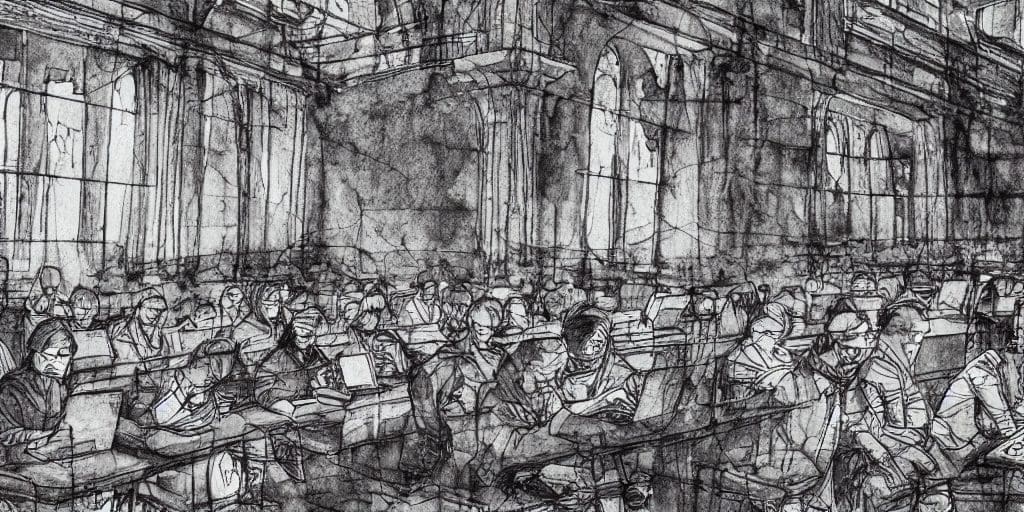activism, civil rights, environmental movements, gender equality, social justice
860 Views
The Vital Role of Activism
Is activism the Catalyst for Change in a World in Need?
In a world characterized by constant flux and evolving challenges, the role of activism has never been more vital. Activism, often seen as a collection of passionate voices raised against perceived injustices, is not merely a clamor for change; it’s a driving force that propels societies towards progress. Having observed its dynamic impact throughout history and its ever-relevant presence today, we find it crucial to delve into the multifaceted role of activism in shaping our world.

Table of Contents
Activism is Refusing to Accept the Status Quo
Activism, at its core, represents the voice of those who refuse to accept the status quo. It encompasses a wide spectrum, ranging from social justice campaigns to environmental movements, civil rights protests to advocacy for gender equality. These diverse movements share a common thread: they challenge the norms, policies, and systems that perpetuate inequality, discrimination, and injustice. Through their own experiences and observations, some people come to appreciate the profound significance of activism in fostering positive change.
Shining a Spotlight on Issues
One of the most enduring aspects of activism is its ability to shine a spotlight on issues that often remain hidden in the shadows. Activists possess a unique ability to amplify the voices of marginalized communities, shedding light on injustices that might otherwise go unnoticed. Consider the civil rights movement in the United States during the mid-20th century. Leaders like Martin Luther King Jr. and Rosa Parks spearheaded a powerful movement that exposed the systemic racism deeply embedded in American society. Their activism not only raised awareness but also inspired change through legal reforms and shifting public opinion.
A Moral Compass
Moreover, activism has the potential to act as a moral compass for society. It reminds us of our shared humanity and collective responsibility. When activists rally against environmental degradation or advocate for affordable healthcare, they compel us to re-evaluate our priorities and question the ethical implications of our actions. The awareness generated by these movements can prompt individuals, communities, and governments to take meaningful steps towards addressing these issues.

Global Climate Movement
For instance, the global climate movement, exemplified by young activists like Greta Thunberg, has catalysed international efforts to combat climate change. Through her unwavering dedication and striking Fridays for Future protests, Greta has transformed climate activism into a global phenomenon. Her impact extends beyond rhetoric; it has pushed nations to re-evaluate their environmental policies and commit to carbon neutrality targets. Her activism has shown that the collective voice of concerned citizens can indeed shape the global agenda.
Crucial Role in Scrutinizing
In addition to raising awareness and driving change, activism serves as a check and balance on power. It holds institutions, corporations, and governments accountable for their actions. Without a vibrant activist presence, unchecked power can lead to unchecked abuses. Activists play a crucial role in scrutinizing government policies, corporate practices, and the behaviour of institutions, ensuring that they align with the interests of the people they serve.

#MeToo movement
Consider the #MeToo movement, which highlighted the pervasive issue of sexual harassment and misconduct. Activists and survivors used the power of social media to share their stories, leading to the downfall of powerful individuals in various industries. This movement not only exposed the extent of the problem but also led to a broader conversation about consent, harassment, and the need for systemic change in workplaces and institutions.
Challenges and Controversies
However, it’s important to recognize that activism is not without its challenges and controversies. Critics often argue that some activists employ extreme tactics or promote polarizing ideologies. While it’s true that activism can sometimes be contentious, it’s essential to remember that the diversity of voices within the activist community reflects the complexity of the issues they address. The presence of multiple perspectives within activism fosters healthy debate and allows for a more comprehensive examination of the problems at hand.

Moreover, it’s incumbent upon activists to engage in constructive dialogue and seek common ground when possible. Finding solutions to complex issues often requires compromise and collaboration. Activists can maximize their impact by working with policymakers, experts, and community leaders to develop practical solutions that balance their ideals with the realities of implementation.
A Powerful Force for Good
In a rapidly changing world, activism has proven to be a powerful force for good. It highlights injustices, serves as a moral compass, and holds power accountable. While it may face criticism and controversy, the essential role of activism in driving social and political change cannot be denied.
To foster a more effective and inclusive activist movement, individuals and organizations must prioritize dialogue, empathy, and cooperation. By doing so, we can harness the full potential of activism to create a better, more equitable world for all. In a time when the challenges we face are more pressing than ever, activism remains a beacon of hope and a catalyst for the positive change we so desperately need.









































Leave a Comment